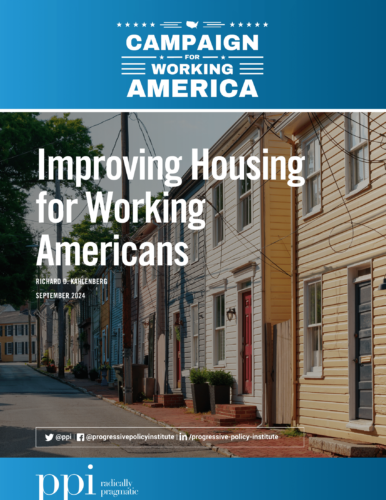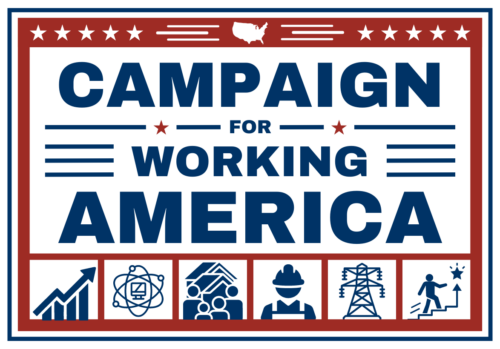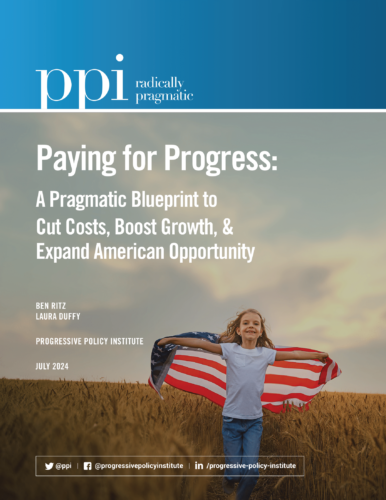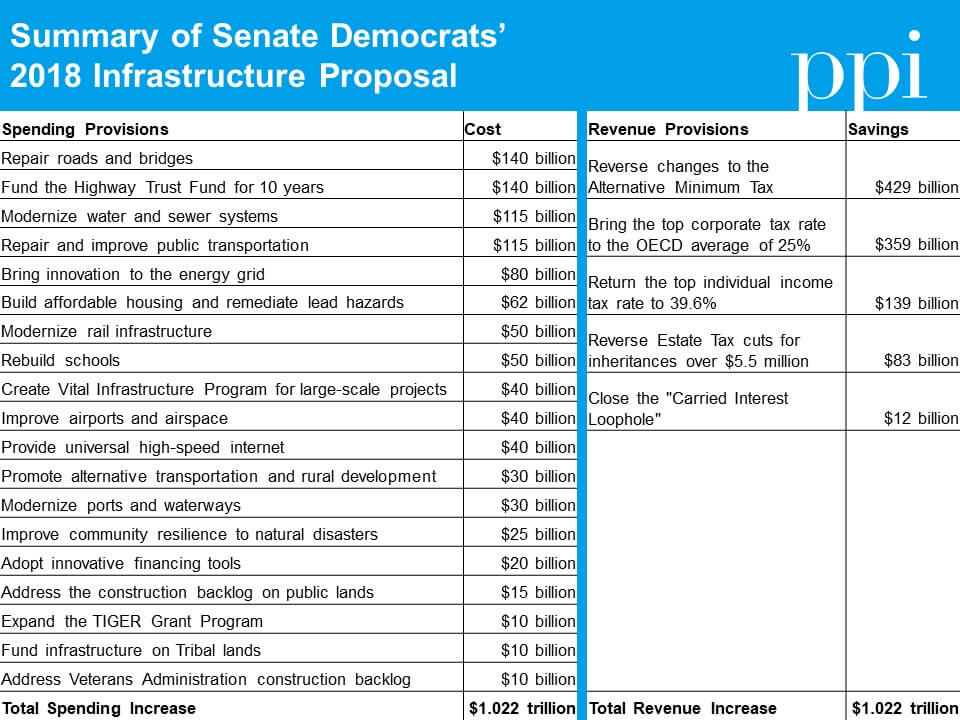The cost of housing has skyrocketed, and Americans are struggling to keep up. Over the past decade, average housing costs in U.S. cities have grown by roughly 54% compared to 35% for all goods. As a result, the median age of first-time homebuyers has climbed from 31 to 38 over the past decade, while nearly half of all renters now spend more than 30% of their income on housing. At its core, this crisis is rooted in a chronic housing supply shortage, especially in high-demand metro areas.
While everyone watched Congress repeatedly fail to fund the government over the past several weeks, they may not have noticed when the Senate quietly passed a package of provisions to tackle the housing crisis. The ROAD to Housing Act — an initiative spearheaded by Senators Tim Scott (R-N.C.) and Elizabeth Warren (D-Mass.) that was attached to this year’s National Defense Authorization Act — includes several promising ideas to spur housing construction and ease restrictive federal regulations. Among other provisions, the bill would:
- Create a Housing Innovation Fund to incentivize zoning changes. A new $200 million HUD grant program would reward cities that replace restrictive zoning codes — such as large lot mandates, density limits, or apartment bans — with policies that allow for denser housing.
- Make housing construction a criterion for federal grants. Currently, many local governments receive federal grants even if they don’t allow enough housing development. This bill aims to change that by making housing growth a key factor when awarding major competitive grants — specifically, HUD’s Community Development Block Grant and the Department of Transportation’s Capital Investment Grants. Localities that expand their housing supply would be more likely to receive grants and could even receive bonus funding.
- Establish model zoning practices and pre-approved housing designs. To help cities that lack the technical capacity to update their outdated or restrictive zoning codes, the bill directs HUD to develop model zoning practices and pre-approved housing designs that can be easily adopted or adapted.
- Streamline unnecessary environmental reviews. Many housing projects face costly and lengthy federal environmental reviews, even in cases where there is little discernible environmental impact. The bill would permit urban infill housing — meaning housing built on unused lots in established neighborhoods — to move forward by streamlining or exempting them from these reviews.
- Revise outdated barriers to manufactured and modular housing types. The bill eliminates unnecessary HUD regulations that raise costs and limit design flexibility for manufactured housing, improving its cost-effectiveness and making it a more viable solution to increase housing supply.
- Raise the Rental Assistance Demonstration (RAD) cap. HUD’s RAD program helps public housing agencies finance much-needed repairs through private investment, but it has been capped at 455,000 units since 2018. The bill would raise this cap, enabling more agencies to preserve dilapidated public housing that might otherwise fall into disrepair.
The ROAD to Housing Act makes important strides in expanding supply, but it is only a first step. Some provisions will require funding at levels that still need to be specified. After that, Congress will need to actually appropriate adequate funding — meaning these policies could be a casualty of the same broken budget process that led to the current government shutdown. And even if fully implemented, this Act is far from a comprehensive solution to the housing crisis. To build on this foundation, PPI has proposed several ambitious proposals aimed at further incentivizing construction and improving affordability for working Americans.
First, Congress should address other policy areas that drive up housing costs — starting with construction materials. Tariffs on key inputs like steel, lumber, and aluminum have significantly inflated building costs and made it harder for developers to plan ahead. According to one survey of homebuilders conducted last spring, the administration’s tariffs had already added over $10,000 to the construction of a single home, equal to roughly a 6% markup compared to previous years. Repealing or reducing these tariffs would be a simple and quick way to lower construction costs nationwide.
Policymakers should also revise or expand the proposed Housing Innovation Fund to incentivize state-level reform as well. While the bill focuses on incentivizing change at the local level, it does little to promote action by state legislatures — many of which are more insulated from “not-in-my-backyard” (NIMBY) opposition and have been more willing to pass broad pro-housing legislation. A parallel grant program focused on state reforms would not just accelerate construction on a larger scale, but also incentivize states to target wealthy localities that don’t rely on federal funding and therefore have little reason to change their restrictive housing policies.
Finally, Congress should authorize the creation of a national Housing Construction Bank, a federally-backed financial institution that would provide low-cost capital to developers to build housing. Housing construction is highly sensitive to macroeconomic conditions, and private financing can dry up during periods of economic volatility or high interest rates. By stepping in with low-cost capital, loan guarantees, and other favorable terms for developers, the bank would ensure that housing construction — especially affordable and middle-income housing — does not collapse during volatile economic times, helping to smooth out the boom-bust cycles that have contributed to the nation’s chronic supply shortage.
The ROAD to Housing Act won’t solve the housing crisis overnight, but it’s a serious down payment on a smarter, pro-housing future. Congress should act now to pass this rare bipartisan bill on an issue voters across the political spectrum care deeply about. Then they should pass ambitious policies to expand supply and make it easier to build.






